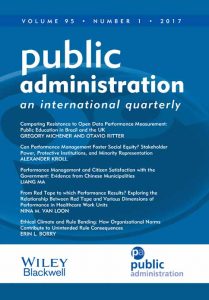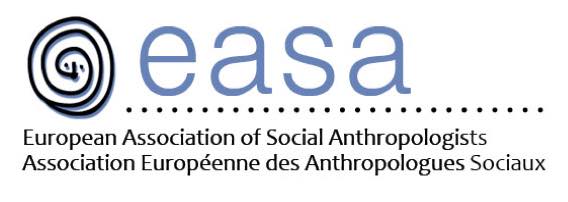When is a review of workplace innovation useful for practice?
Unsurprisingly, workplace innovation (WPI) has many different interpretations since the field of research has been expanding substantially in the past 20 years. Reviewing what the field has to offer is warmly welcomed. But what makes a ‘good’ review? From the perspective of the applicability of workplace innovation, its practicality is essential. A number of systematic literature reviews of WPI have been carried out that do not meet the criteria of practicality. Are these really useful? My answer is negative, and...







